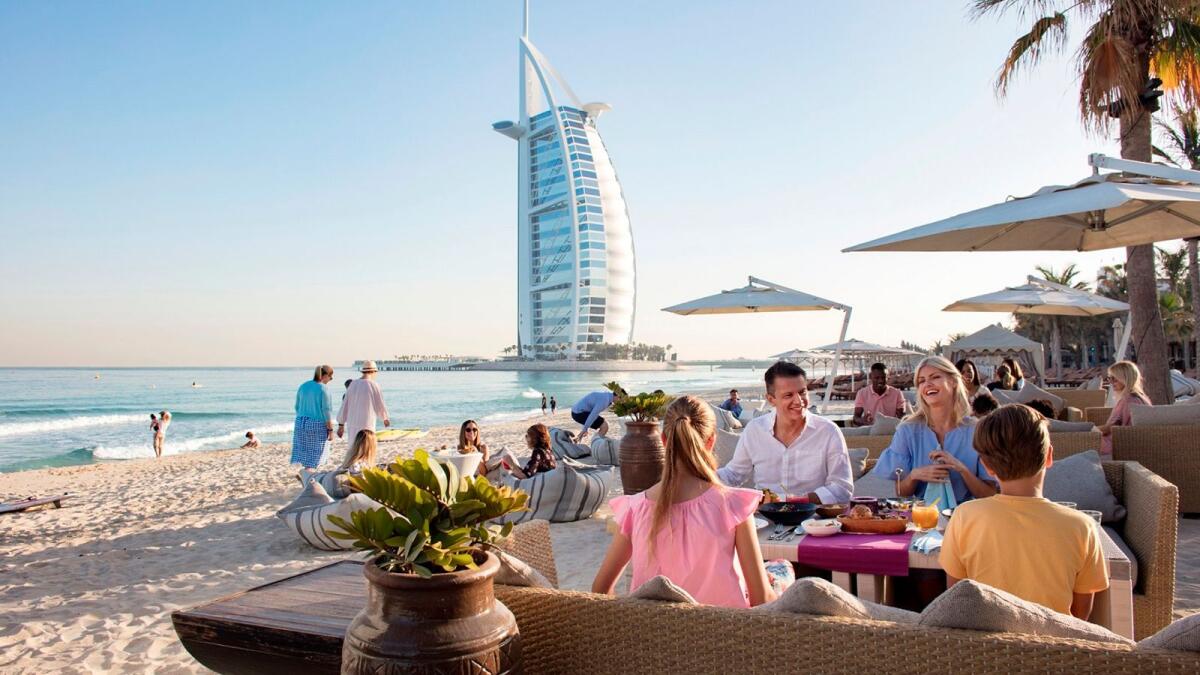Dubai is considered a global tourist city that has managed to avoid overtourism due to its well-planned infrastructure and diverse attractions spread across different areas of the city. According to industry executives, Dubai’s ability to constantly reinvent itself is its biggest strength, ensuring that tourists are not overcrowding in one specific location. In comparison, cities like Venice and Barcelona face overcrowding issues in key areas, while Dubai’s 3.6 million residents received 17.1 million visitors last year without experiencing overcrowding. As a result, Dubai continues to plan different downtown areas to prevent any one location from becoming too cluttered.
European cities are particularly susceptible to overtourism due to their smaller size and scale, leading to issues with overcrowding in popular destinations. For example, cities like Venice, Barcelona, Santorini, and Iceland have significantly more visitors compared to their local populations, creating pressure on natural resources and residents. In contrast, Dubai can accommodate more tourists due to its capacity and investment in creating attractive destinations. The diverse offerings in the emirate, as well as seamless travel experiences between different emirates, contribute to its appeal as a well-planned destination.
Industry experts like Aradhana Khowala and JS Anand praise Dubai for its ability to handle tourism effectively without experiencing overtourism. Khowala highlights the government’s efforts in developing compelling value propositions in different emirates, while Anand points out that Dubai is a well-planned city compared to other destinations like Rome. They agree that Dubai’s marketing strategies and continuous creation of new attractions contribute to its success in managing tourism. As long as Dubai maintains its pace of innovation, the experts believe that overtourism will not be a significant issue in the city.
Overall, Dubai’s proactive approach to managing tourism, investing in infrastructure, and diversifying its offerings has positioned it as a leading global destination that can accommodate a growing number of visitors. By spreading attractions across different areas and planning for future growth, Dubai has been able to avoid the issues associated with overtourism that many other cities face. With a focus on delivering unique experiences and catering to diverse markets, Dubai continues to set the standard for sustainable tourism practices and remains a top choice for travelers seeking a vibrant and dynamic destination.











